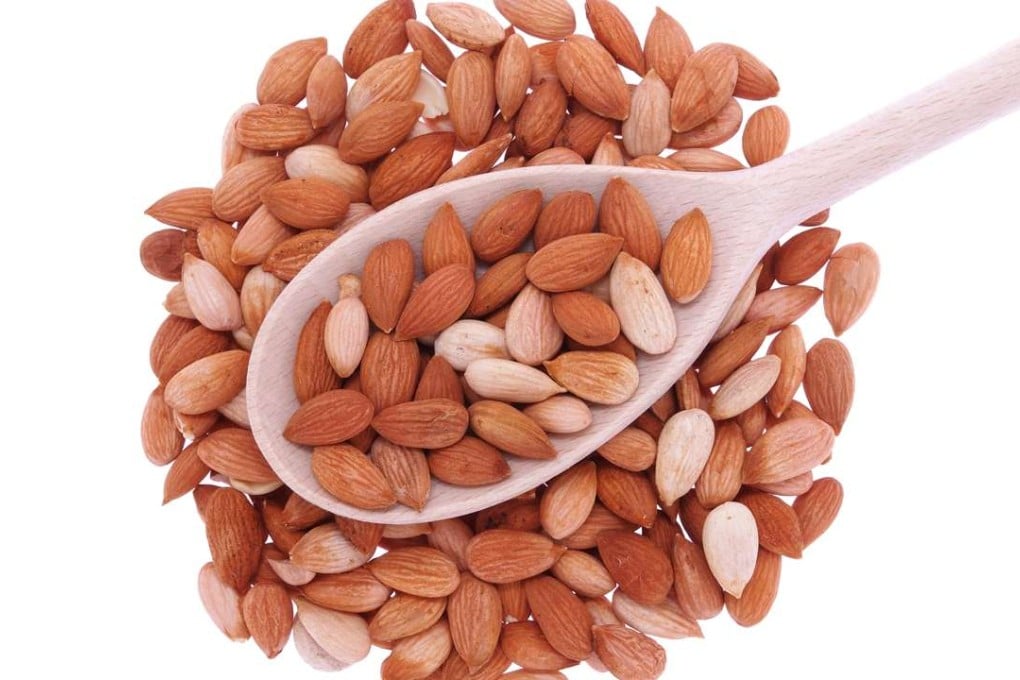Apricot kernels shouldn’t be used as a natural treatment for cancer
Known as xing ren in traditional Chinese medicine, apricot kernels have been used in the past to treat lung problems, constipation and cancer

Question: Can apricot kernels, or xing ren in TCM, treat cancer?
The straight answer: No
The facts: it could be easily mistaken for an almond by its taste, look and smell, but an apricot kernel contains protein, fibre, and a high percentage of oil and amygdalin, a poisonous cyanogenic glucoside, also known as or laetrile or erroneously as vitamin B17.
Used to flavour sweet Italian liqueur amaretto, apricot jams and amaretti biscottis, apricot kernels or ‘xing ren’ are also used in traditional Chinese medicine to treat lung conditions such as asthma and chronic coughs caused by dry lungs (since it’s an effective expectorant for expelling phlegm) as well as to relieve constipation.
While other plants like almonds, peach pits, apple seeds, lima beans and cashews also contain amygdalin, apricot kernels have the largest concentration of it. When amygdalin breaks down in the body, it produces a small amount of toxic hydrogen cyanide. A dose of 0.6mg -1.5mg per kg of body weight is fatal.